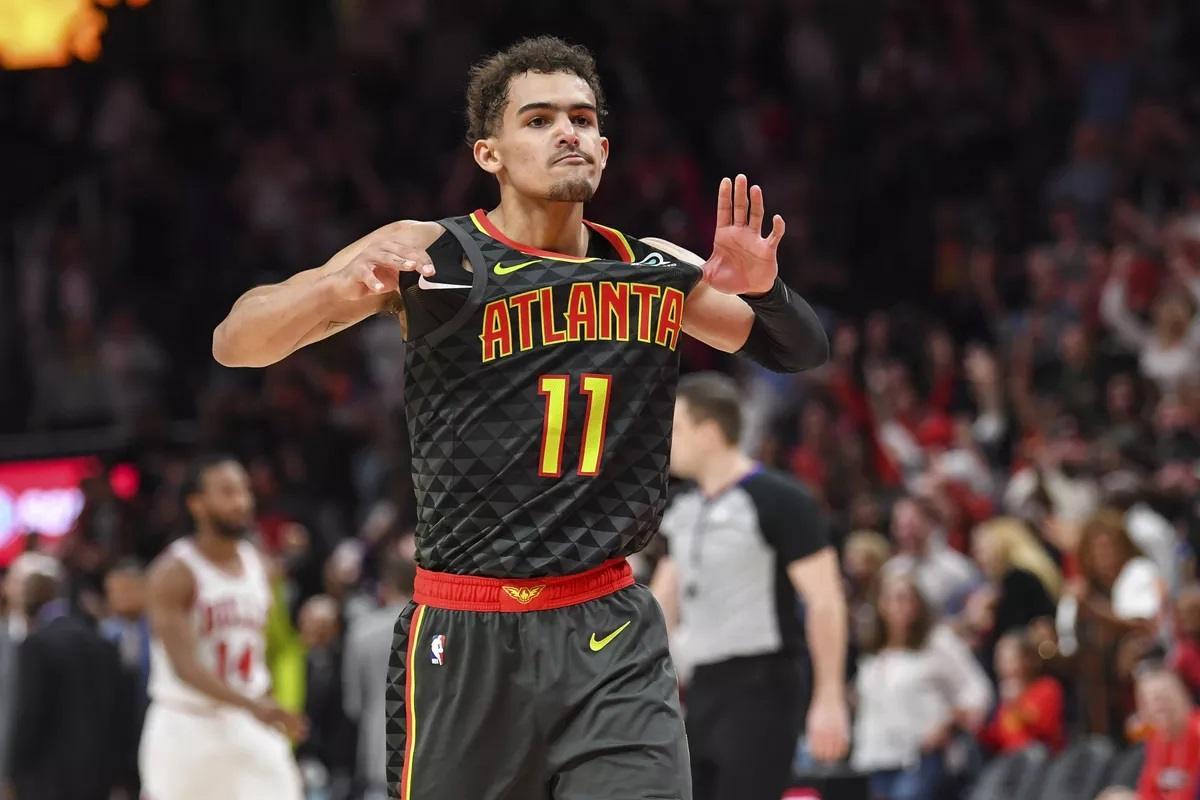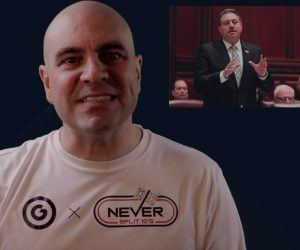We’ve compiled several draft tips if you’re a fantasy basketball beginner, or if you haven’t been religiously following the NBA due to the pandemic. If you’re a noob or haven’t played fantasy hoops in a while, don’t worry, because we’ve got your back with some basic advice and tips that will help guide you through your NBA fantasy draft.

I completed a couple of drafts over the weekend, which coincided with a call from a college friend who started watching a lot of basketball with his son over the last few years. They wanted to join a family-run fantasy basketball pool, but were hesitant because they were both novices. My friend declined in the past because he didn’t want to screw up the draft. I reminded him of the old fantasy sports axiom, “Your fantasy pool isn’t won/lost in the first round, but a good start definitely helps.”
Inspired by that conversation, here are some fantasy basketball draft tips for beginners and noobs.
1. Do Your Homework
It goes without saying that you should invest time in some minimal research before your NBA fantasy draft. Due to injuries and slumps, the team you have at the end of the season won’t resemble the team you drafted. So rest assured, you’re trying to field the best possible team right now. You’ll have to make week-to-week adjustments if you want to win your fantasy basketball pool. But for now, you’re primary concern is fielding the best possible starting team and then filling in your available roster spots.
2. Make a List
Santa Claus makes a list about who’s been naughty or nice. The same goes for fantasy basketball. The list is important because sometimes things go sideways in a fantasy draft and you can get flustered, especially if someone drafting in front of you swooped in and snagged your player. At least you can revert back to your list if you’re on tilt or confused. Compile a list of players you want badly, but more importantly, compile a list of players you want to avoid at all costs. You should also make a list of “risky picks” or gamble it up on injured/troubled players who you could refer to in later rounds.
3. Multi-positional Players
I love players who are listed in two positions instead of one. If you’re playing ESPN fantasy basketball, then you know that they will list players by position, but sometimes, a player will have more than one. These players will be valuable because of their versatility and your ability to plug them into other roster spots. I truly love swingmen (shooting guards/small forwards) and point-forwards (point guards/small forwards). Don’t underestimate the value of SF/PF and C/PF players when filling out your bench in later rounds.
4. Injured List
Refresh your memory by taking a keen look at the NBA injury list. If you see a player drop in the draft, but can’t figure out why, make sure he’s not seriously injured. You could take a flier on an injured player in a later round if they’re projected to return to the lineup shortly after the start of the season. You’d hate to carry an injured player for a lengthy duration and waste a perfectly good roster spot.
5. Avoid Paper Mache
Clyde Frazer, ex-All Star guard from the New York Knicks and current broadcaster, often used the phrase “paper mache” to describe a fragile player who’s constantly injured. Avoid those paper-mache players (e.g., Gordon Hayward) because they’re just wasting a roster spot.
6. Rookies
Get to know the incoming class of rookies. Which rookies will be starting from Day 1 (e.g., LaMelo Ball)? Which rookies will struggle for playing time (e.g., James Wiseman)? Which under-the-radar rookies will get more playing time than you think (e.g., Immanuel Quickley on the Knicks)? More importantly, get to know the undrafted rookie free agents who flew under the radar (e.g., Kendrick Nunn on the Heat last season). If you face an early-round coinflip situation between a veteran and an untested rookie, the veteran will be the safe choice. If you have a similar situation in the last couple of rounds, then you can take a flier on the rookie.
7. Sophomores and Juniors
The biggest evolutionary leap in the NBA happens between a player’s first and second year, or between their second or third year. That means you need to keep an eye on players who were rookies last season, and rookies from two seasons ago. Trae Young is an example of a player who crushed it in his sophomore season (a huge leap from 19.1 ppg to 29.6 ppg). Shai Gilgeous-Alexander is another example (jumped from 10.8 ppg to 19 ppg). Keep an eye out for last year’s rookies about to start their sophomore seasons, including Coby White, De’Andre Hunter, and Rui Hachimura.
8. Home-Team Scouting
No one will know your local team better than you, especially if you’re a die-hard fan. Use that insider knowledge to your advantage in your NBA fantasy draft. You know which rookies will get inserted into the playing rotation (e.g., Tom Thibodeau took a shine to Quickley, who saw significant playing time in the preseason for the Knicks). You know which vets are returning from an injury, and know which young players are poised for a breakout season.
9. Local Guy
If you run into a late-round coinflip between two players, but one of them plays for your local team, then snag the local guy. Why? So you can sweat your player when your team is on TV. I came across that scenario in the last two seasons and opted to draft a player on the LA Clippers (Montrezl Harrell in 2019, Lou Williams in 2020) because I know I’d be watching their games.
10. Have Fun
2020 has been a wild and crazy year. If you’re expecting to be holed up over the next few months, then have some fun with fantasy basketball. It’s a great way to get closer to your friends or make new ones. Besides, if you’re gonna be watching basketball non-stop this winter, you might as well squeeze some extra enjoyment out of it. Don’t forget, it’s just a game, so don’t stress out about it because fantasy sports, especially fantasy hoops, is supposed to be a fun distraction.











